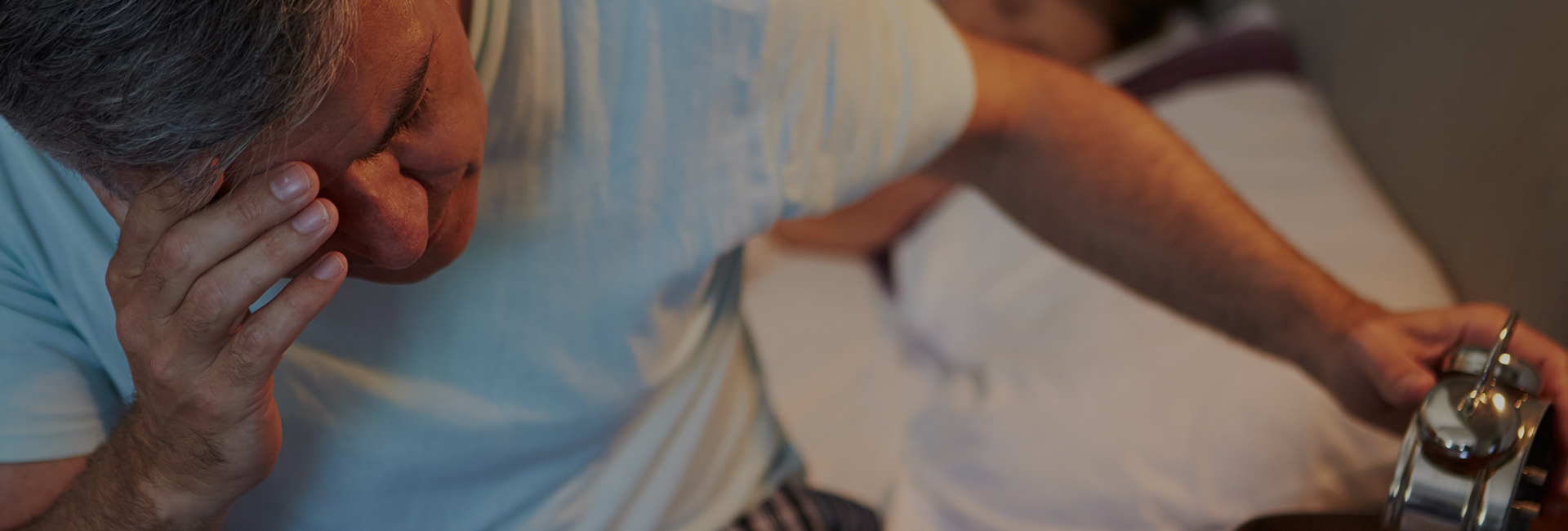Sleep apnea is a health condition in which patients repeatedly stop breathing for very short periods of time while they are asleep, depriving the body of oxygen and causing a cascade of potentially serious consequences. Awareness of the symptoms of sleep apnea can help you figure out if you might have the condition, and if you are experiencing these symptoms, you should consult with a specialist for treatment as soon as possible. Your quality of life and your overall health can improve dramatically when your sleep apnea is under control.
The Biology Of Sleep Apnea
There are two types of sleep apnea: obstructive and central. The obstructive kind occurs when excess tissue at the rear of the throat goes slack during sleep and covers up the opening to the airway. The central type occurs because of interference in the path of nerve signals directing the body to breathe during sleep. In both of these categories, the patient stops breathing numerous times each night, and the body is deprived of oxygen, which has a variety of effects on the body. Additionally, the patient’s sleep is disrupted because the body rouses itself in order to start breathing again. It is important to know which type of sleep apnea is present because that will determine the treatment approach.
Obstructive sleep apnea is associated with a variety of symptoms, including loud, disruptive snoring, daytime drowsiness, and frequent headaches or sore throats upon waking. Your sleeping partner may also notice gasping or the cessation of breathing during the brief apneic episodes. If you experience any of these symptoms, you should schedule a sleep study to confirm the diagnosis. After you have been diagnosed with obstructive sleep apnea, consult with a provider to learn about your treatment options.
Sleep Apnea: Serious Consequences
In addition to affecting the alertness and mood of patient’s, sleep apnea has serious effects on the body. The heart must pump harder to overcome the higher levels of carbon dioxide in the blood and spread the limited amount of oxygen to the tissues that need it. As such, sleep apnea appears to be related to a number of conditions, including high blood pressure and stroke, and patients with this condition may even face a greater risk of sudden death.
Effective Sleep Apnea Treatment
Fortunately, obstructive sleep apnea can be treated, giving patients the opportunity to mitigate the associated health risks and feel more alert throughout the day. Dentists are well-suited to treat this condition due to their extensive knowledge of the facial structures that contribute to the apneic environment.
Your dentist will evaluate your case and determine what treatment is likely to be effective in your case. Don’t be concerned that you’ll have to wear a cumbersome, uncomfortable CPAP mask, either. While those masks are highly effective when used properly, many patients can’t tolerate them so they abandon their treatment. Your dentist may recommend a more comfortable oral appliance that holds your tongue or jaw in a forward position but is less disruptive to your sleep. In some cases, surgery can provide a permanent fix to the causes of sleep apnea, as well.


